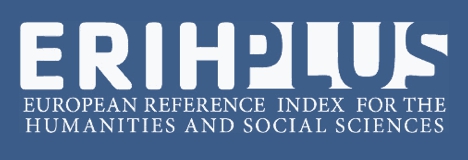A articulação dos saberes acadêmico e popular e as possibilidades de mitigação de erosões antrópicas a partir da técnica de paliçadas, no município de regente feijó, estado de são paulo, brasil
Abstract
A natureza, apropriada e transformada no decurso da história, traz consigo as marcas das agressões desencadeadas pelas sociedades, com destaque para a erosão dos solos. Por isso, este trabalho tem por objetivo refletir sobre essas questões, e propor a articulação entre os saberes acadêmico e popular como forma de mitigar a degradação provocada pelas erosões antrópicas no espaço rural. Para tanto, foi realizado um trabalho conjunto com um casal de pequenos produtores rurais, visando conhecer o histórico de ocupação de sua propriedade, localizada ao noroeste do município de Regente Feijó, Estado de São Paulo, Brasil, onde as erosões revelam a história de formação daquele espaço geográfico. A partir daí, foi implementada a técnica de paliçadas e sacarias de ráfia preenchidas com solo como forma de controlar o avanço de erosões lineares em sua propriedade. Os resultados são parciais, já que a técnica foi implementada há pouco tempoKeywords
Policy Proposal for Free Access Journals
Authors who publish in this journal agree to the following terms:
a. Authors retain the copyright and grant the journal the right of first publication, with the work simultaneously licensed under the Creative Commons Attribution License which allows the sharing of the work with acknowledgment of the authorship of the work and initial publication in this journal.
b. Authors are authorized to take additional contracts separately, for non-exclusive distribution of the version of the work published in this journal (eg publish in institutional repository or as a book chapter), with acknowledgment of authorship and initial publication in this journal.
c. Authors are allowed and encouraged to publish and distribute their work online (eg in institutional repositories or on their personal page) at any point before or during the editorial process, as this can generate productive changes, as well as increase the impact and The citation of published work (See The Effect of Free Access).





















